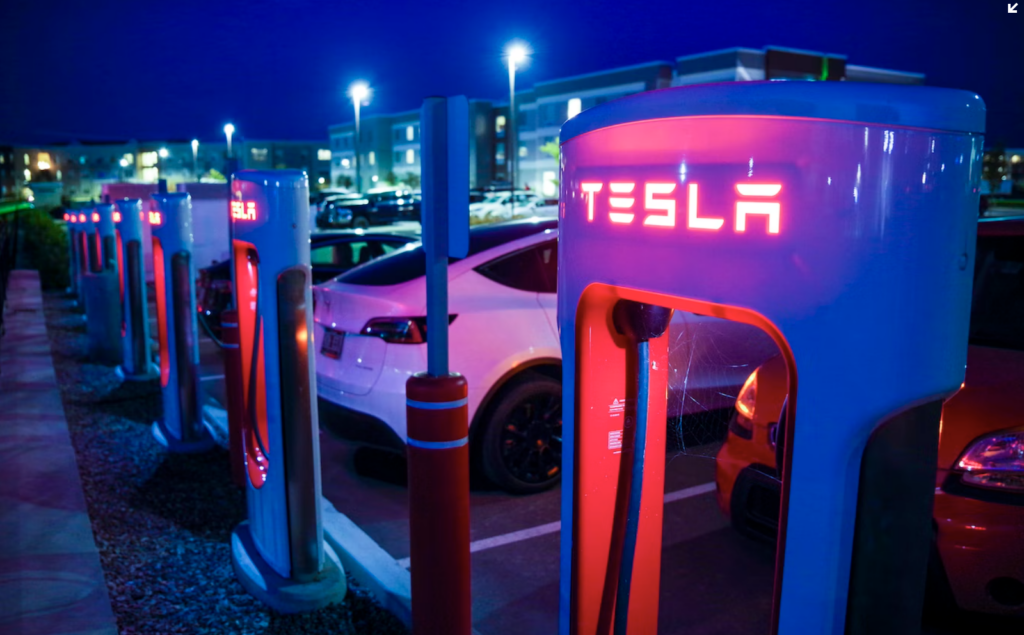How Combatting Climate Change Could Help The US Economy
Department of Treasury Secretary Janet Yellen says combatting climate change can help the US economy by reducing unforeseen weather-related costs and using clean energy as a way to initiate continued economic growth by investing in climate-forward companies.
This article is more than 2 years old
US Treasury Secretary Janet Yellen recently sat down in an interview and outlined how she believes combatting climate change could greatly benefit the economy in both the short and long term. Yellen is tasked with the responsibility of safeguarding the nation’s budget to deal with expenses both foreseen and unforeseen. Climate change is something that contributes greatly to unforeseen expenses.
Yellen thinks that honing in on the fight to slow climate change could help to minimize how many unexpected expenses the US has to contend with every year. The occurrence of climate change-fueled events has been increasing in number. From devastating wildfires, severe droughts, and brutal heatwaves to unfathomably intense hurricanes, the weather is clearly changing.
That type of weather leaves devastation in its wake, causing damage and displacing thousands. Repairing damaged areas and helping people who suffered through these events is costly. If climate change is allowed to progress unchecked, these events will only become more common and more severe.
However, if something is done to address what industrialization and human carelessness have done to the planet, it could help to reduce the unforeseen expenses the US incurs due to severe weather events. This in turn helps to keep the United States’s budget in check and the economy more stable.
Additionally, combatting climate change will likely lead to a more resilient economy, too. NPR reported that policies like the Infrastructure Bill, CHIPS bill, and Inflation Reduction Act could help to facilitate economic resiliency by bolstering self-efficiency. For instance, the CHIPS act aims to increase domestic semiconductor production, which would lead to less reliance on global imports for those computer chips.
Climate change is a global issue, thus even when the United States isn’t directly impacted by climate change-related events, the US economy could still be affected. For instance, if something occurs in Asia that cuts off its supply chain, the United States wouldn’t feel it as potently as we did during the height of the pandemic. This kind of self-sufficiency would help to keep the economy stable even during times of global unrest.
The same can be said about investing in clean energy. Not only will reducing emissions benefit the environment, but it will eliminate our reliance on fossil fuel imports. Additionally, renewable clean energies like wind and solar can be used to generate electricity, thus helping to support the growth of EV charging infrastructure as the adoption and utilization of electric vehicles increase nationwide.

The Inflation Reduction Act, in particular, includes incentives geared toward bolstering support and funding for private sector renewable energy companies. Yellen pointed out that she visited a solar energy company called Cypress Creek, whose business is growing in part because of the Inflation Reductions Act. Speaking directly about the act, Yellen highlighted that “…these investments are made possible by the fact that there are more generous clean energy incentives in the IRA to make big investments to deploy renewable energy.”
Overall, combatting climate change can help to nurture the US economy by potentially reducing the occurrence of catastrophic weather events, preventing inflation through bolstering a more domestically-based supply chain, and invigorating new sectors of commerce through initiatives aimed at supporting clean energy-focused companies.




